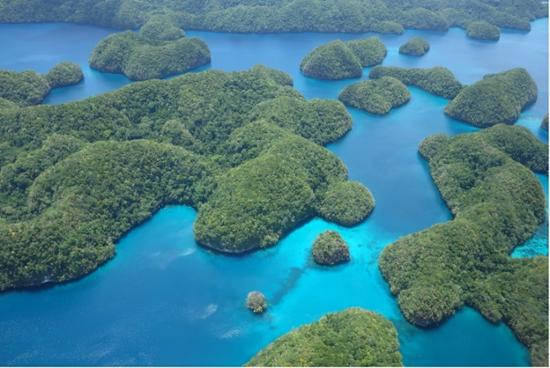Sie befinden sich hier: Institut Das Institut Büro Berlin Im Dialog mit der Praxis 7. Workshop MPIL-AA

Photo by Luka Peternel licensed under Creative Commons
On Tuesday, 11 October 2022, the 7th joint workshop of the Max Planck Institute for Comparative Public Law and International Law (MPIL) and the Federal Foreign Office (AA) took place in the Berlin-Brandenburgische Akademie der Wissenschaften in Berlin-Mitte. The joint workshop has taken place regularly since 2016. As usual, it was organised by the Berlin Office of the MPIL in cooperation with the International Law Division of the Federal Foreign Office (Division 500). The workshop serves as a confidential exchange between academia and practice on current issues of international law. It provides practical impulses for academic reflection, on the one hand, and information and feedback for practitioners, on the other hand.
In the preceding workshop in June 2022, participants discussed the impact of the Russian war of aggression against Ukraine on international law. This time, the workshop’s topic was “Sea-level rise in relation to international law: addressing challenges, rethinking concepts”.
At 1 pm, around 30 participants met on the roof terrace of the Berlin-Brandenburgische Akademie der Wissenschaften. Following a joint lunch sponsored by the Heidelberger Gesellschaft für ausländisches öffentliches Recht und Völkerrecht, the workshop started at 2 pm in the Leibniz Saal with introductions from Anne Peters and Tania von Uslar (AA). They both expressed the hope that this workshop would be a meaningful contribution to the current conversations surrounding climate change and that international law can contribute to mitigating the worst of its effects.
The first half of the workshop, moderated by Alexandra Kemmerer, was then started off by a keynote speech by Surabhi Ranganathan (University of Cambridge / Wissenschaftskolleg zu Berlin). Ranganathan focused on the role of the United Nations Convention on the Law of the Sea (UNCLOS), which despite its shortcomings as an environmental treaty plays an important role in offering states the right to (economic) self-determination. She described, how the construction of borders and space in the law of the sea have always been a highly politicized process. Wiebke Rückert (AA) followed up by framing the different questions that are relevant to the Foreign Office in the conversation about sea-level rise. These include the question of statehood for states in danger of disappearing or becoming uninhabitable as well as the mechanism that could be used to make progress in the diplomatic discourse, whether that be new treaties, soft law or the dynamic interpretation of existing treaties.
The following discussion focused on the possibility of changing or dynamically interpreting UNCLOS to solve the most pressing issues, including the endangered statehood of small-island states as well as the legal status of climate refugees. There was overall agreement that UNCLOS has the potential to be used in more ways than it currently is.
After a short coffee break the second part of the workshop continued with statements by Tom Sparks and Malcolm Jorgensen. Sparks focused on the consequences of sea-level rise on statehood and the role of territory in a state’s existence. Jorgensen made the case for reframing climate change as a security concern, integrating it into the set of a state’s traditional national interests to increase states’ ability to create effective international legal frameworks.
In the second round of discussion, moderated by Hayato Richard S. Xu-Yamato (AA), the focus was on the best international mechanisms to address climate change, from human rights law to economic treaties.
Anne Peters concluded the discussion by focusing on Germany’s role in the future of international climate change policy: promoting progressive policies and steering customary international law through state practice and clear opinio juris. Peters emphasised the importance of the format in enabling increased discourse between practice and academia - especially on this topic, where there are so many unanswered questions. In her concluding remarks, Tania von Uslar thanked all panelists for an informative and inspiring exchange.
Report: Paula Schwarze